For the last eight years I’ve thought that the one moment in our nation’s history that I’d be asked about when old and gray would be the 2011 Christchurch Earthquake. Now I see it was hubris that made me believe that the defining historic moment of my lifetime had already passed.
When I travelled in Europe I was struck by the culture of fear that pervaded everything. Armed guards and patrols were common, and people were afraid of the frightening world outside their homes. Everyone I met thought I was crazy for wanting to travel alone and see and experience what that world has to offer.
It’s one of the main reasons I chose to return to New Zealand. The fear of outsiders was stifling me. Here I can wander where I please without fear or judgement, I can meet and mingle with people different from myself and I can trust in the power of goodness and common humanity.
I don’t imagine Europe’s always been like that. I was there directly in the wake of the 2016 Nice terror attack, and I’m sure the 2005 London Bombings still weigh heavily on the psyche of the English people.

Though I never knew those before days, I can imagine how those events changed Europe because I only remember too well how another such traumatic event on a nation’s home turf changed the world forever. I was 13 on September 11 2001, so the event marks a coming of age for me – the break between the safety of childhood and the adult realisation that evil exists in the world. If you’re old enough to remember a pre-9/11 world then I hardly need to tell you how things changed, how the trauma that was visited on the American people was repackaged and sent back into the world, precipitating wars, hate crimes, and leading to the rise of ISIL. It’s one of those historic moments future generations will look back on and say: that’s where everything went wrong.
I experienced another of those moments looking back at the life of my hero – the man whose work most inspired the way I write today. One day when I was a young teen I stumbled upon a nondescript old book in a small town op shop (I don’t remember which town but I distinctly remember the proprietor’s cold response when I asked if they’d be open tomorrow – a Sunday).
The book, Sky High to Shanghai by Australian author Frank Clune, has probably been forgotten by most, but I don’t exaggerate when I say it changed my life. The book detailed Frank’s journey in 1939 across the Pacific to Japan and on to China. Frank represented everything I aspired to be – he was adventurous, inquisitive, happy-go-lucky and his delight in exploring and learning and telling stories electrified my young mind. He is one of the direct inspirations for this blog.
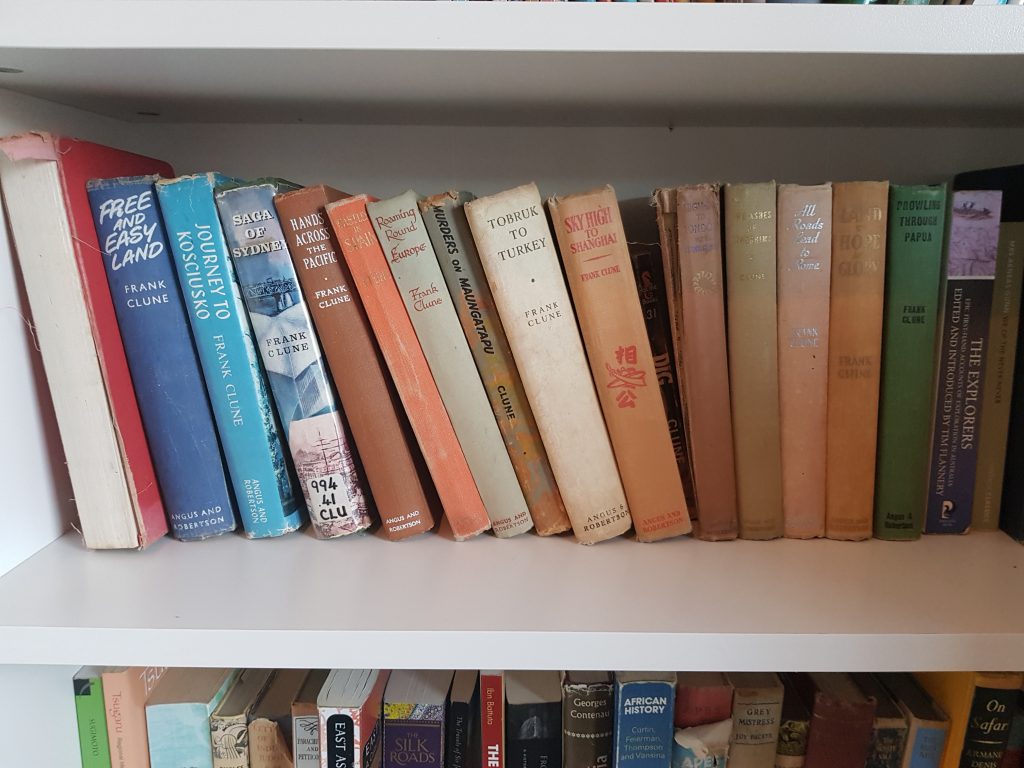
But something went wrong. I began collecting his later works, but the man in those books was not the same man of Sky High to Shanghai. The Frank of these books was curmudgeonly, suspicious, fearful and judgemental of outsiders. What had happened to my hero?
I found the answer in his 1949 book The Ashes of Hiroshima. In this book he retraces the steps of his journey in Sky High to Shanghai, but he is a changed man. No longer does he delight in experiencing the world, his love of adventure has been replaced by a deep-seated terror of the “Asian” monolith (and funnily enough, he’s now reclassified Russians as “Asians”, which goes to show how flexible we can be when drawing our boundaries of race and outsiders).
It wasn’t the sequel I’d have wanted, but at least I finally found out what happened to my hero. By now you’ve probably also figured out what happened between 1939 and 1949 – the Second World War. Specifically, the bombing of Darwin by the Japanese. While not technically what we’d call “terrorism” today, the trauma of this attack on home soil had much the same effect on my hero’s (and Australia’s) psyche.
That’s how someone who had once been my inspiration ended up doing this:
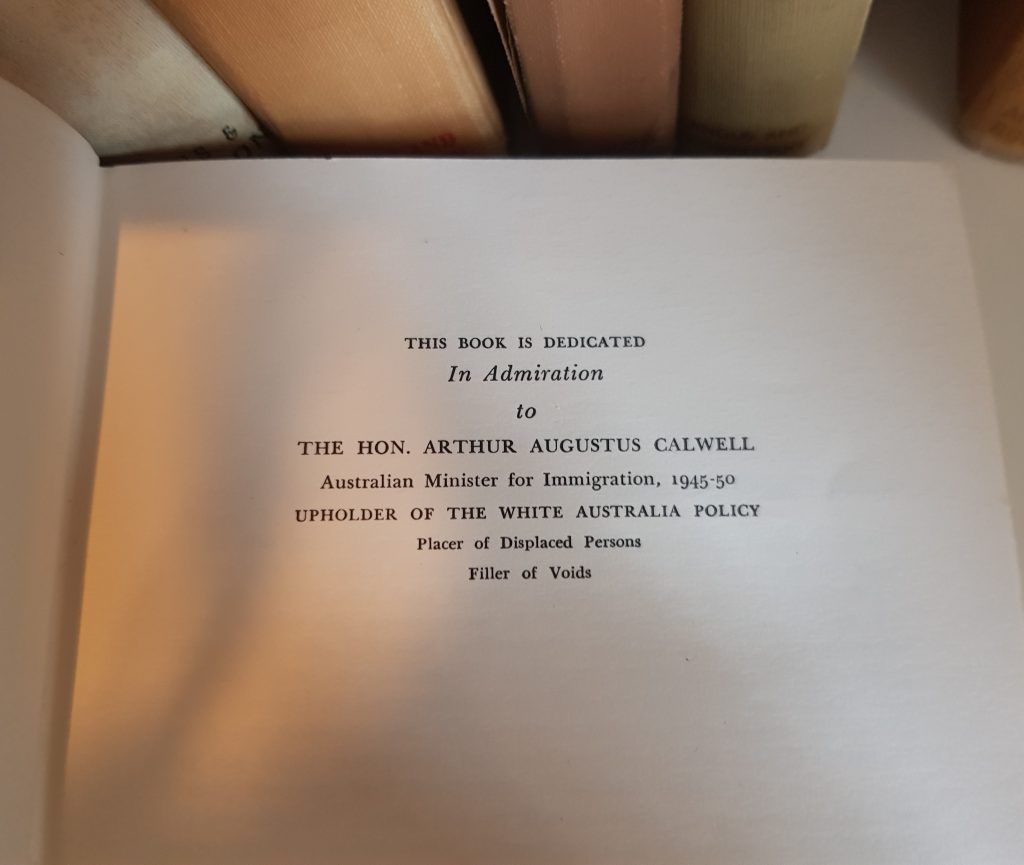
These things – what I saw in Europe, what happened after 9/11, the downfall of my hero – they are all warnings. Right now there are two paths ahead of me, and ahead of us as a nation.
We can take the easy path: embrace fear, learn to hate outsiders, swear revenge and retaliate. Or we can take the more difficult path, the one that demands strength and courage, responding with love and friendship, and holding on tight to the joy of adventure and shared experience.
I want the people of the future to be able to look back at me and know I took the right path. I don’t want to disappoint them the way my hero disappointed me. This is not, cannot be, the moment future generations look back on and say: that’s where they went wrong.
Let us learn from these warnings. Let us get this right.
References:
Sky High to Shanghai by Frank Clune
The Ashes of Hiroshima by Frank Clune
All Roads Lead to Rome by Frank Clune
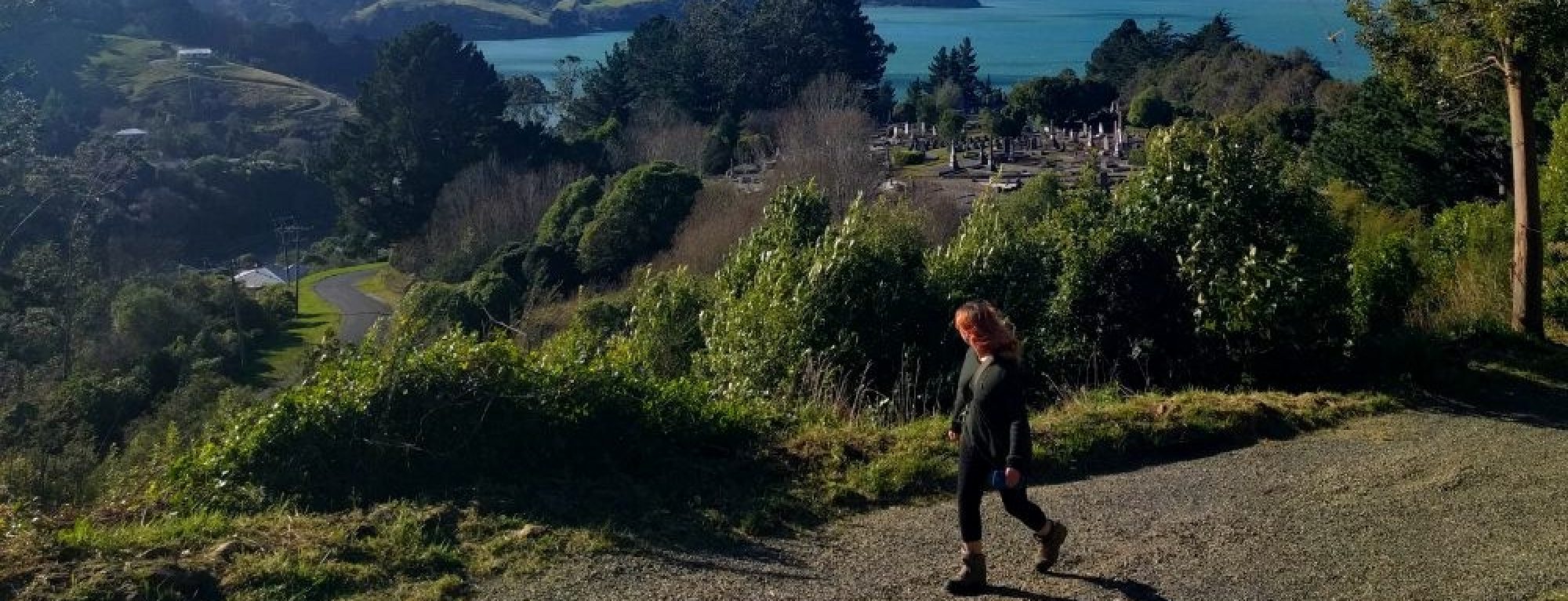
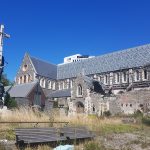

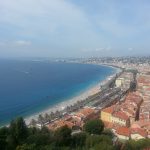
Very thought provoking article Amanda. Yes our lives are shaped by the events and people around us. In later years I have wondered what my parents would have been like without the Second World War, and grandparents who lived through the depression, World Wars and the influenza outbreak. I thought I lived in the “ lucky”generation but 9/11 ,plane hijacks, and now more than anything the massacre in Christchurch has changed my thinking entirely. We do need to appreciate every day and every good person in our lives and never take things for granted!
Thank you Amanda. There are times when I wish time would stand still. Remembering my carefree childhood in the 1940s and 1950s when growing up was safe and free I wish my grandchildren could experience that same life. It seems my wish may not be granted but I live with hope.
Interesting post and helpful, reassuring, to read. Thank you.. responding with love and friendship is the only way that will secure a positive future for us all. I’ve also shared a response post at https://exploringcolour.wordpress.com/2019/03/16/overcome-evil-with-good/
Thankyou for your wise words Amanda, hard not to feel the fear, but your right we cannot be engulfed in it. Nothing stays the same, time keeps moving we have much hope that something better can came from this. Think the big lesson is to be tolerant & kind, if you haven’t anything good to say, say nothing, isn’t this what we learnt at kindergarten .